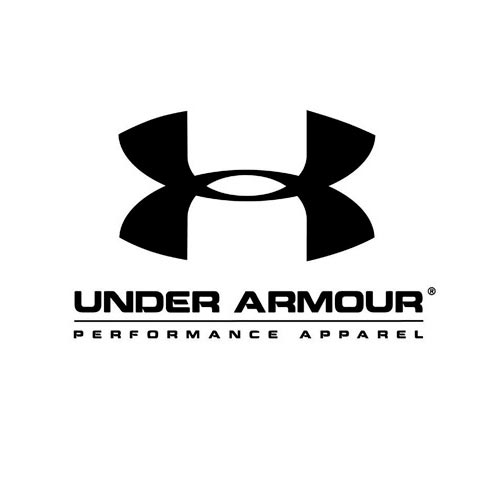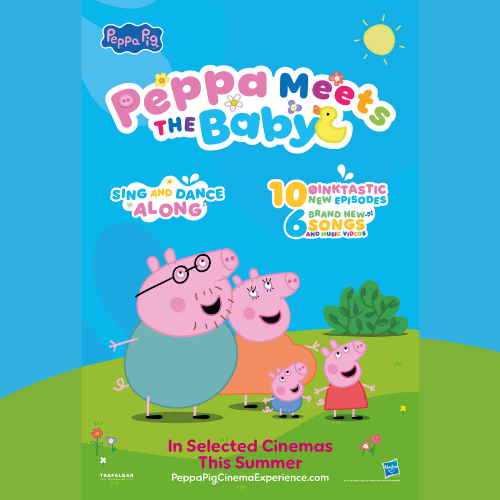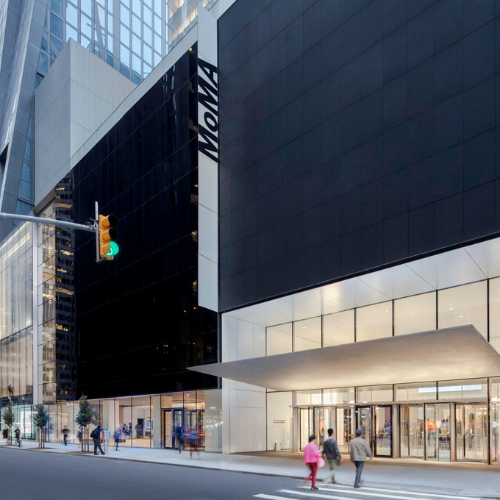Ahead of Licensing Expo, LIMA’s Martin Brochstein gives us a view into the US market.
The US licensing market continues to account for more than half of the global retail licensing business; according to results of the 2015 LIMA Global Licensing Survey, retail sales of licensed merchandise in North America (defined for the purposes of the study as the US and Canada) in 2014 reached $140.1B, or 58% of the global total of $241.5B.
(Results of the 2016 survey are to be released at Licensing Expo in Las Vegas in late June.)
The US licensing market as we reach the midpoint of 2016 can be characterised as showing healthy sales, but at the same time dealing with several structural issues and challenges, many of them related to the shape of the retail business itself.
Of course, the entertainment portion of the licensing business is coming off a bang-up holiday season, dominated in most respects by the Star Wars merchandising juggernaut, and that business has continued to be a big part of the story in the first half of 2016, along with such other properties as the ascendant Paw Patrol and Shopkins, and the rejuvenated Teenage Mutant Ninja Turtles.
A major challenge for entertainment licensors: creating strategies and programmes that gain them shelf space at a time when the sprawling Disney empire (Disney Animation, Lucas, Marvel, Pixar) has garnered substantial market power.

The sports and collegiate licensing business is seeing significant shifts, with Nike, Adidas and upstart Under Armour signing ever-larger sponsorship, supply and licensing deals with major universities that gain them both exposure on athletic uniforms and the rights to sell school-licensed apparel at retail.
For both the collegiate and professional sports licensing business, a significant portion of retail business is done via e-commerce; the displaced fan or alumnus – a New York Yankee fan in San Francisco or an Ohio State alum in Dallas – is a natural of online business.
The sports e-commerce business is dominated by Fanatics Inc., which operates online retail on behalf of the top four major U.S. sports leagues, as well as NASCAR, and has been moving slowly but surely into some brick and mortar business, as in its operation of the flagship NBA Store that opened just before the New Year in New York. Fanatics also expanded its European reach via its purchase earlier this year of Kitbag.

The rise of e-commerce is one of the forces driving the continuing consolidation of retailers, with several high profile bankruptcy filings in the past several months – names such as teen retailers Aeropostale and PacSun, as well as big box specialty chain Sports Authority jump quickly to mind – as well as other retailers paring unproductive stores.
Now, many would argue that this consolidation is actually a ‘right-sizing’ of a retail marketplace that had been overstores by any measure, but the effect on the licensing business is a tightening of the shelf space available to brand owners and their licensees.
On the other hand, some new retail seeds are starting to germinate. GameStop, the predominant force among video games specialty retailers, is expanding its roster of ThinkGeek stores that specialise in entertainment collectibles; it just opened its first New York City location and plans to have about 25 by year end.
Meanwhile, teen-oriented retailer Hot Topic is nurturing its new Box Lunch chain, which caters to adult pop culture enthusiasts; it expect to have 40-50 of them opened by the end of 2016.
What does the rest of the year have in store? How much merchandise business will the big summer films generate? How will the retail business shakeout? Stay tuned.
Martin Brochstein is svp industry relations and information for LIMA, the licensing industry’s trade body. He can be contacted on mbrochstein@licensing.org.

































